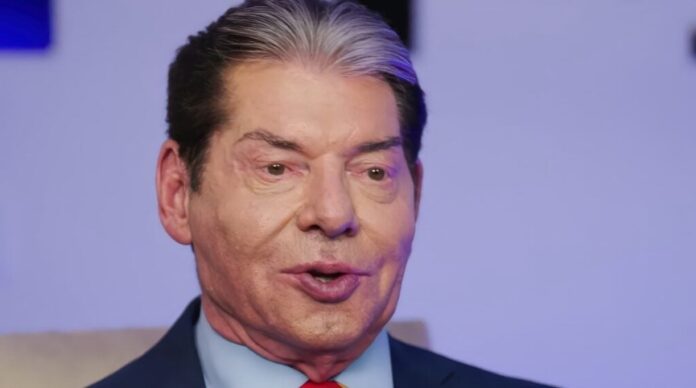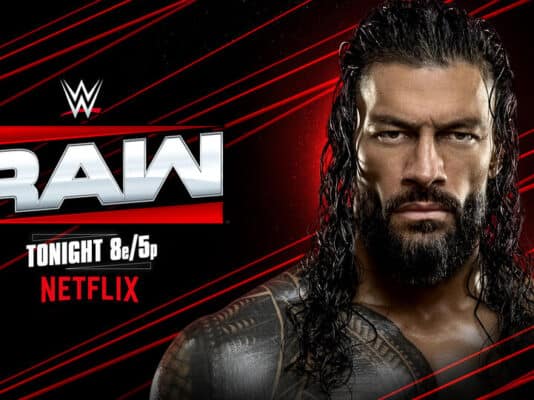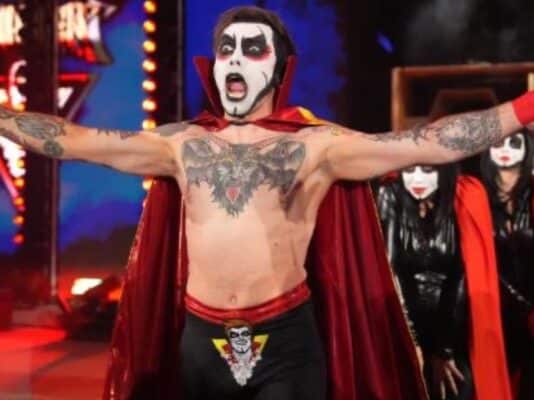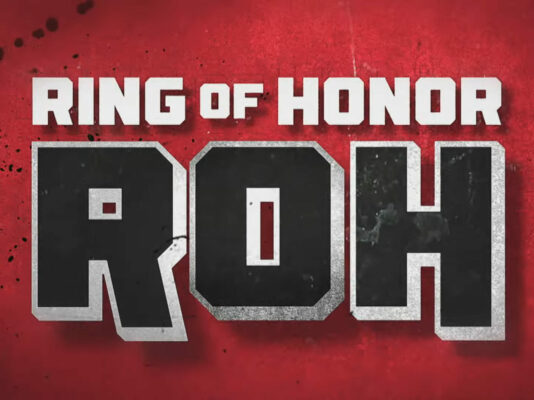
Former WWE writer and producer Jimmy Jacobs recently opened up about the stark differences between working for WWE and TNA (formerly Impact Wrestling) during an interview with Bobbo’s World. Jacobs, who served in various roles during his time in Impact, including on-screen manager and producer, said that while his WWE tenure taught him a lot, the freedom he experienced in TNA was unlike anything he had in WWE.
“I could wear a few hats [in TNA],” Jacobs explained. “I was a manager on TV, and I could produce matches, promos, and pretapes — whatever you needed, I could do at that point. And that’s thanks to WWE, right? I learned so much there. I was still better off from it. I’m nothing but appreciative of my time in WWE.”
Jacobs acknowledged that his WWE firing was the result of his own actions, comparing it to “going into someone else’s house and demanding they run their house a certain way.” He credited WWE’s massive production scale and top-tier resources for shaping his creative skillset. “WWE is this massive production. Seeing how all the wheels turn to make this machine go — it was so amazing,” he said.
However, Jacobs also pointed out that transitioning to Impact came with new challenges, particularly around budgeting and resource limitations. “In WWE, whatever your idea is, if it’s good, it can be as big and as wild as you want. Now [in Impact] it’s like, okay, now we have to make it work with what we have. And here’s what we have available,” he explained.
One of the biggest differences Jacobs noticed was the level of creative control. “I just loved not being micromanaged,” he said. “In WWE, Vince [McMahon] read every single word in the scripts. He wanted every single word written down that the performers were going to say. And there’s reasons for that — I’m not faulting him — but if you wanted something changed, it was a difficult process because Vince had to okay it.”
Jacobs recalled that only a few top stars had the freedom to deviate from scripts. “John Cena could change what he wanted. Undertaker — I worked with him once, and Vince literally said, ‘Let Undertaker do whatever he wants.’ It was the only time I’d ever heard Vince say that,” he revealed.
By contrast, working in Impact meant far fewer layers of approval and more room to experiment. “In Impact, if I wanted to try something, I just did it. And if Scott [D’Amore] didn’t like it, he’d go, ‘Why’d you do that?’ I’d go, ‘I thought this.’ He goes, ‘Yeah, I don’t think that.’ And that was it,” Jacobs said.
He also noted that WWE’s intense backstage environment often led people to focus more on avoiding mistakes than on doing their best creative work. “So many people were playing to not lose,” he explained. “Because Vince was pretty volatile, and you were always one weird interaction away from being in the doghouse. Walking on eggshells, they’re not trying to do what’s best — they’re trying to do what won’t get them called to Gorilla by Vince.”
In the end, Jacobs said the creative freedom and more relaxed environment at Impact made his time there especially rewarding. “I just loved the freedom at Impact — and the schedule,” he concluded.











